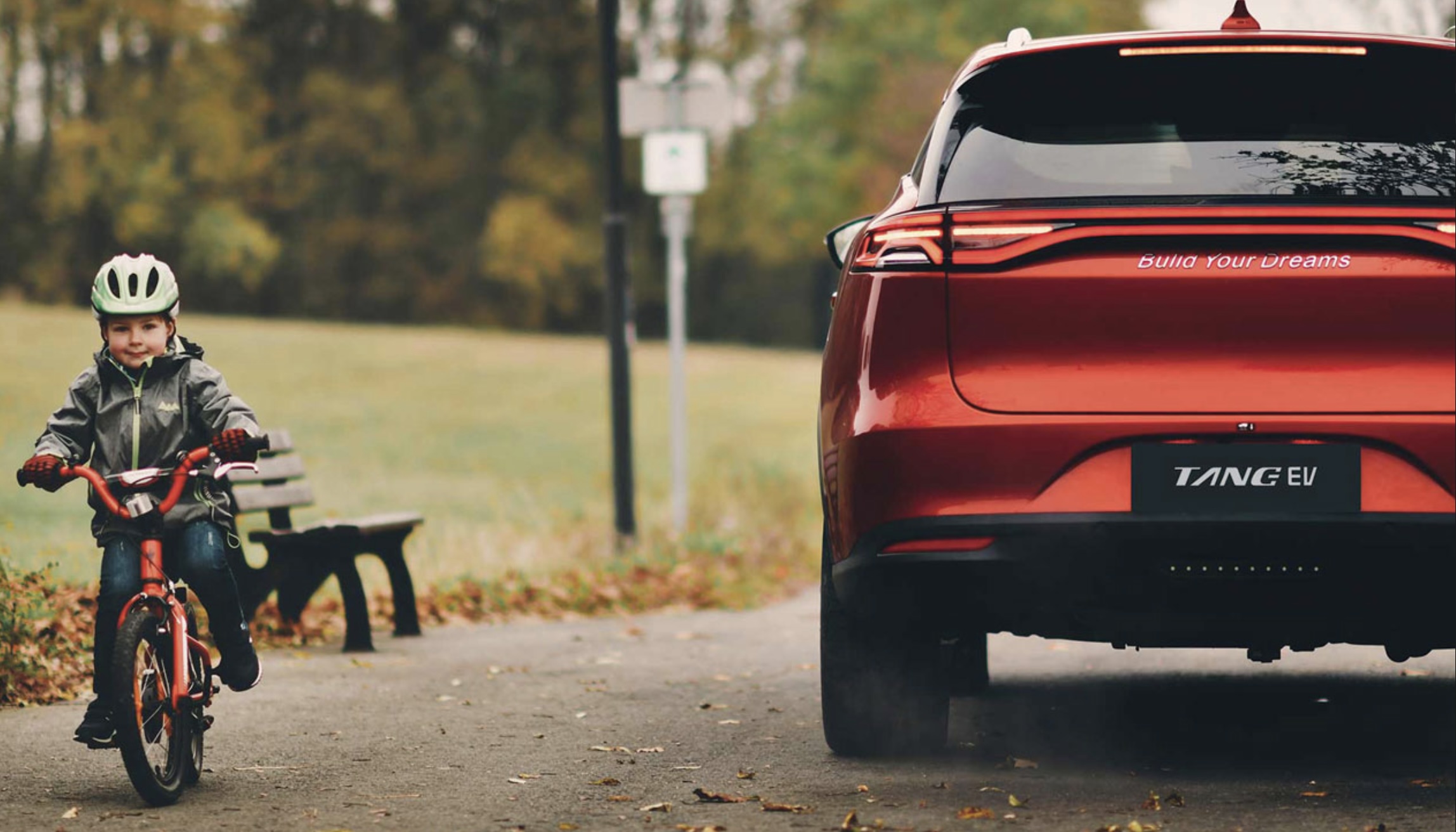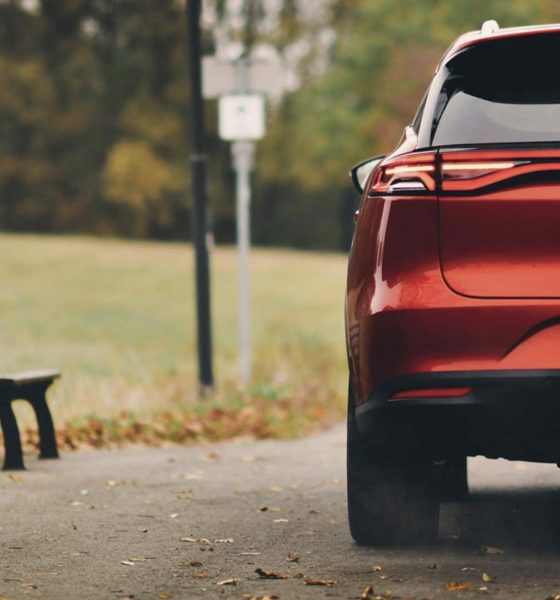A European Union (EU) official has said that it’s unlikely that talks with the Chinese government on imposing minimum sales price stipulations in place of tariffs will come to fruition this month, following recently passed tariffs on electric vehicle (EV) imports from the country.
Earlier this month, the European Commission passed a proposal to impose an additional 35.3 percent tariff on some EVs made in China, along with the 10-percent import tariff that’s currently in place. Prior to the proposal’s passing, EU officials shared concerns that negotiations may continue even after the tariffs passed, especially as officials in Beijing push for a minimum import price that would avert some of the extra tariffs.
On Monday, a senior EU official told Reuters that it would be “very difficult to reach an agreement” this month, due to the extreme complexity of price minimum stipulations in the negotiations.
“I won’t exclude it, but it seems very, very difficult to reach an agreement by the end of October, because (of)… the very complex, difficult issues to solve,” said the official, who remained anonymous in the report.
Tesla is receiving additional import tariffs as low as 7.8 percent under the newly passed proposal, while SAIC and others are receiving the maximum 35.3 percent tariff.
Issues with the variety of different vehicles suggest that one particular minimum price point wouldn’t work as intended, according to the official. If passed, it would need to be determined separately for different companies, based on how valuable their sales were and how many subsidies they receive.
The official also went on to say that reaching such an agreement would be challenging, given that price undertakings with a minimum price stipulation had been particularly bad for homogenous commodities, compared to those with many different sales channels. He also says that the Commission has been offered several minimum price proposals from the Chinese Chamber of Commerce, requesting that a number of EV makers be covered.
However, the EU official maintained that past minimum price efforts waged by China were not positive. For example, the official notes that the Commission passed a minimum price stipulation to replace tariffs on Chinese solar panels ten years ago, though China now has a 90-percent share of the bloc’s PV market.
“It needs to be fully enforceable, and it needs to be monitored very, very closely, and the risk of circumventing undertakings need to be reduced significantly,” the official added.
The Commission reportedly rejected a minimum price stipulation of 30,000 euros ($32,946) earlier this month, according to another report from Reuters that cited three sources familiar with the matter.
The EU is the latest to enact increased tariffs on Chinese EVs and components related to their production. Earlier this year, the U.S. passed a 100-percent tariff on Chinese EV imports, along with a 25-percent tariff on EV battery materials. Canada also launched similar tariffs on Chinese EV imports earlier this month, set to take effect next week.
Volvo seeks better deal for EU tariffs on EV imports from China
What are your thoughts? Let me know at zach@teslarati.com, find me on X at @zacharyvisconti, or send us tips at tips@teslarati.com.

News
Tesla Robotaxi ride-hailing without a Safety Monitor proves to be difficult
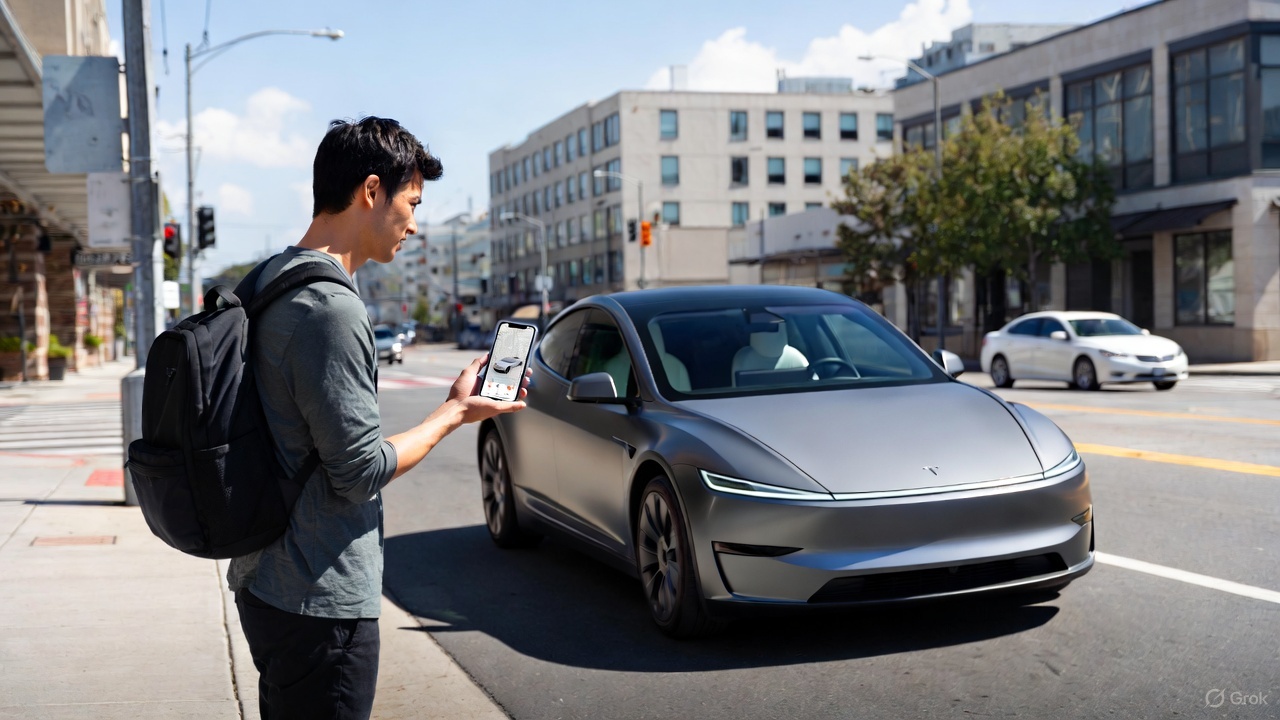
Tesla Robotaxi ride-hailing without a Safety Monitor is proving to be a difficult task, according to some riders who made the journey to Austin to attempt to ride in one of its vehicles that has zero supervision.
Last week, Tesla officially removed Safety Monitors from some — not all — of its Robotaxi vehicles in Austin, Texas, answering skeptics who said the vehicles still needed supervision to operate safely and efficiently.
BREAKING: Tesla launches public Robotaxi rides in Austin with no Safety Monitor
Tesla aimed to remove Safety Monitors before the end of 2025, and it did, but only to company employees. It made the move last week to open the rides to the public, just a couple of weeks late to its original goal, but the accomplishment was impressive, nonetheless.
However, the small number of Robotaxis that are operating without Safety Monitors has proven difficult to hail for a ride. David Moss, who has gained notoriety recently as the person who has traveled over 10,000 miles in his Tesla on Full Self-Driving v14 without any interventions, made it to Austin last week.
He has tried to get a ride in a Safety Monitor-less Robotaxi for the better part of four days, and after 38 attempts, he still has yet to grab one:
Wow just wow!
It’s 8:30PM, 29° out ice storm hailing & Tesla Robotaxi service has turned back on!
Waymo is offline & vast majority of humans are home in the storm
Ride 38 was still supervised but by far most impressive yet pic.twitter.com/1aUnJkcYm8
— David Moss (@DavidMoss) January 25, 2026
Tesla said last week that it was rolling out a controlled test of the Safety Monitor-less Robotaxis. Ashok Elluswamy, who heads the AI program at Tesla, confirmed that the company was “starting with a few unsupervised vehicles mixed in with the broader Robotaxi fleet with Safety Monitors,” and that “the ratio will increase over time.”
This is a good strategy that prioritizes safety and keeps the company’s controlled rollout at the forefront of the Robotaxi rollout.
However, it will be interesting to see how quickly the company can scale these completely monitor-less rides. It has proven to be extremely difficult to get one, but that is understandable considering only a handful of the cars in the entire Austin fleet are operating with no supervision within the vehicle.
News
Tesla gives its biggest hint that Full Self-Driving in Europe is imminent
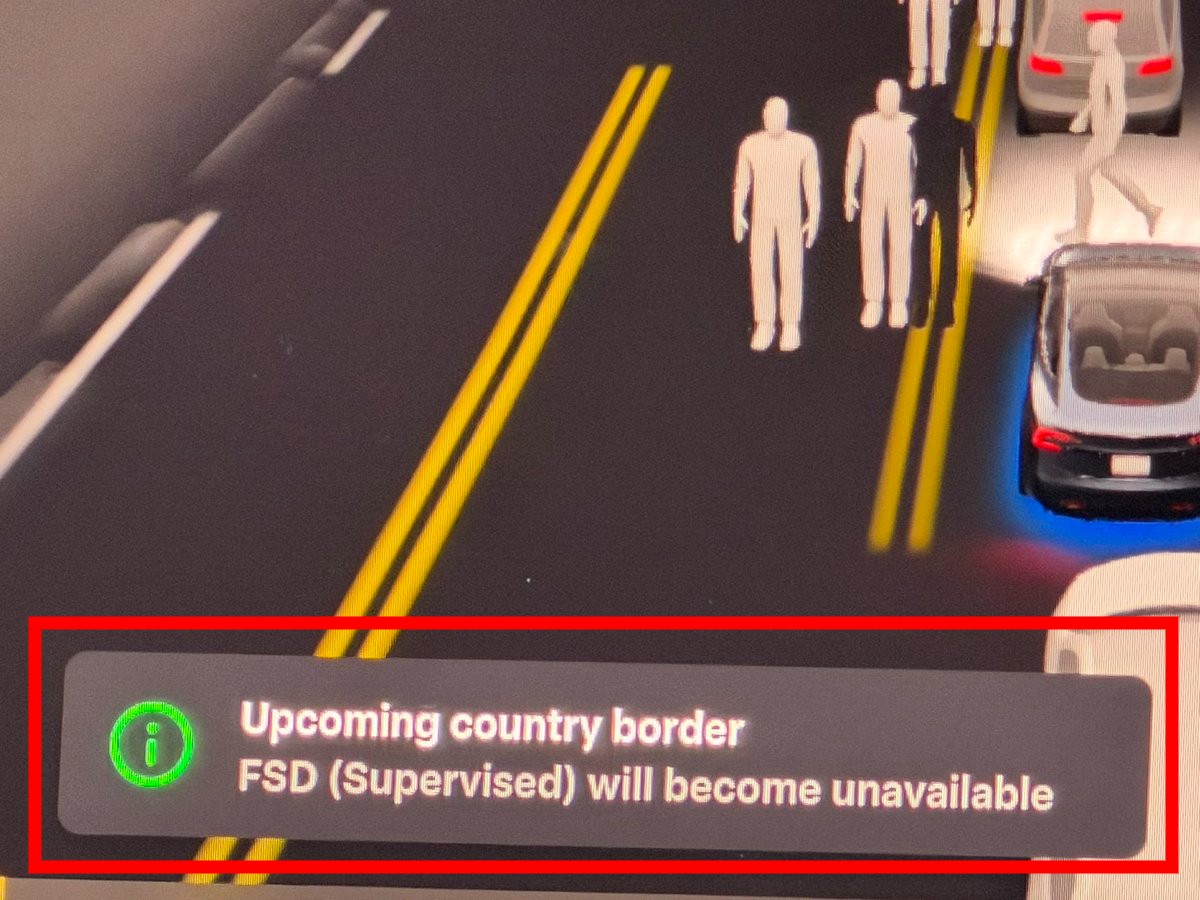
Tesla has given its biggest hint that Full Self-Driving in Europe is imminent, as a new feature seems to show that the company is preparing for frequent border crossings.
Tesla owner and influencer BLKMDL3, also known as Zack, recently took his Tesla to the border of California and Mexico at Tijuana, and at the international crossing, Full Self-Driving showed an interesting message: “Upcoming country border — FSD (Supervised) will become unavailable.”
FSD now shows a new message when approaching an international border crossing.
Stayed engaged the whole way as we crossed the border and worked great in Mexico! pic.twitter.com/bDzyLnyq0g
— Zack (@BLKMDL3) January 26, 2026
Due to regulatory approvals, once a Tesla operating on Full Self-Driving enters a new country, it is required to comply with the laws and regulations that are applicable to that territory. Even if legal, it seems Tesla will shut off FSD temporarily, confirming it is in a location where operation is approved.
This is something that will be extremely important in Europe, as crossing borders there is like crossing states in the U.S.; it’s pretty frequent compared to life in America, Canada, and Mexico.
Tesla has been working to get FSD approved in Europe for several years, and it has been getting close to being able to offer it to owners on the continent. However, it is still working through a lot of the red tape that is necessary for European regulators to approve use of the system on their continent.
This feature seems to be one that would be extremely useful in Europe, considering the fact that crossing borders into other countries is much more frequent than here in the U.S., and would cater to an area where approvals would differ.
Tesla has been testing FSD in Spain, France, England, and other European countries, and plans to continue expanding this effort. European owners have been fighting for a very long time to utilize the functionality, but the red tape has been the biggest bottleneck in the process.
Tesla Europe builds momentum with expanding FSD demos and regional launches
Tesla operates Full Self-Driving in the United States, China, Canada, Mexico, Puerto Rico, Australia, New Zealand, and South Korea.
Elon Musk
SpaceX Starship V3 gets launch date update from Elon Musk
The first flight of Starship Version 3 and its new Raptor V3 engines could happen as early as March.
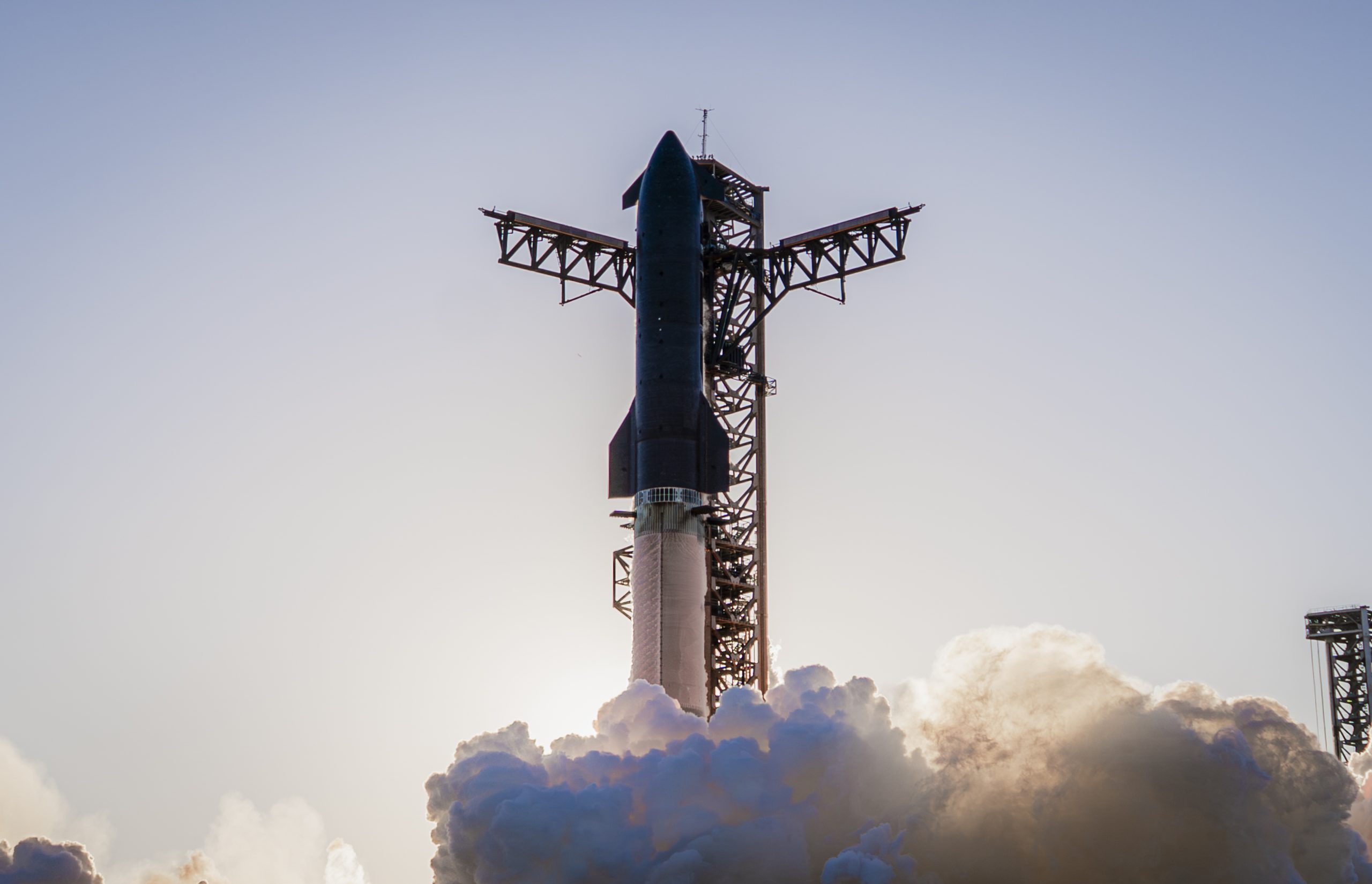
Elon Musk has announced that SpaceX’s next Starship launch, Flight 12, is expected in about six weeks. This suggests that the first flight of Starship Version 3 and its new Raptor V3 engines could happen as early as March.
In a post on X, Elon Musk stated that the next Starship launch is in six weeks. He accompanied his announcement with a photo that seemed to have been taken when Starship’s upper stage was just about to separate from the Super Heavy Booster. Musk did not state whether SpaceX will attempt to catch the Super Heavy Booster during the upcoming flight.
The upcoming flight will mark the debut of Starship V3. The upgraded design includes the new Raptor V3 engine, which is expected to have nearly twice the thrust of the original Raptor 1, at a fraction of the cost and with significantly reduced weight. The Starship V3 platform is also expected to be optimized for manufacturability.
The Starship V3 Flight 12 launch timeline comes as SpaceX pursues an aggressive development cadence for the fully reusable launch system. Previous iterations of Starship have racked up a mixed but notable string of test flights, including multiple integrated flight tests in 2025.
Interestingly enough, SpaceX has teased an aggressive timeframe for Starship V3’s first flight. Way back in late November, SpaceX noted on X that it will be aiming to launch Starship V3’s maiden flight in the first quarter of 2026. This was despite setbacks like a structural anomaly on the first V3 booster during ground testing.
“Starship’s twelfth flight test remains targeted for the first quarter of 2026,” the company wrote in its post on X.
